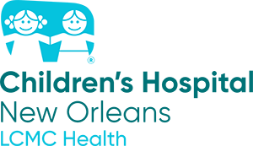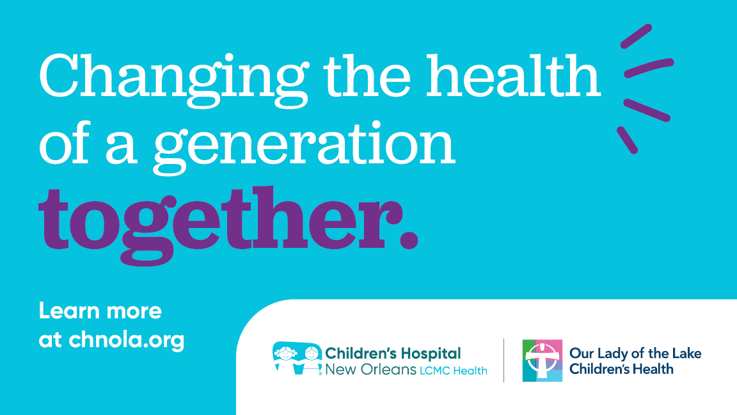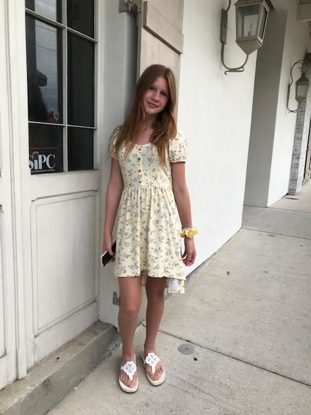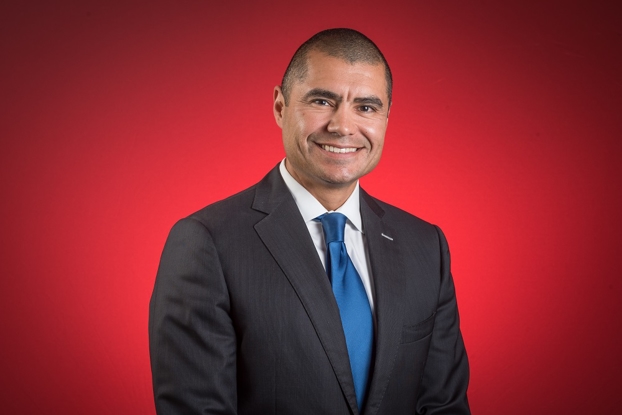How to Help Children After the Uvalde School Shooting
- Category: Parenting
- Posted on:
.jpg)
How to Help Children After the Uvalde School Shooting
Julie B. Kaplow, PhD, ABPP
Executive Director, Trauma and Grief Center
The devastating tragedy in Uvalde, Texas, will have ripple effects across the communities, our state, and the nation. Similar to adults, children and adolescents are likely to experience a range of emotions after hearing about this traumatizing situation. Below are some tips for caregivers and parents on how to talk to youth in the aftermath and help decrease their distress. These tips are meant for caregivers of children ages 6 and above, as children under the age of 6 are unlikely to be able to process the event.
We refer to these guidelines as the Six S’s:
- Provide a sense of safety and security. When the world feels out of control, it can help children to know that the adults surrounding them are there to protect them and keep them safe. It can also be helpful to remind kids of the things they can and do control (e.g., what they choose to eat for breakfast, what activities they do after school, who they spend time with).
- Use simple and straightforward language. Speak to children in language they can understand. Well-intentioned adults sometimes provide either too much information, which can be overwhelming, or too little information, which can cause further confusion and anxiety. It is best to allow children to guide the conversation as much as possible. For example, a caregiver can say, “You may have heard some very sad news about what happened in Uvalde. What questions do you have for me about that?”
- Provide supervision. Like adults, children and adolescents can feel overwhelmed after repeatedly hearing about the shooting through media outlets. Caregivers can help by monitoring what children are watching on TV, limiting exposure to the news, and answering any questions that come up for them.
- Maintain structure. In times of chaos, children find comfort in predictability. Stick to a familiar routine as much as possible, such as maintaining regular bedtimes, keeping up with regular family activities, etc. to help reduce distress.
- Encourage social support. Social support is a major protective factor for adults and children alike during times of stress. Provide opportunities for youth to feel close to family, friends, and those who can provide care and support.
- Adults should engage in their own self-care. Children take their cues from the adults in their lives who can impact their distress. Caregivers should be mindful of their own stress and anxiety levels and ensure they are getting the support they need, whether that means connecting with their own support systems, taking breaks from work or other stressors, or reaching out to a therapist.
Caregivers can also be on the lookout for signs that their child may need a higher level of support from a therapist. These signs can include:
- In younger children (ages 6 to 11): excessive clinginess, separation anxiety, new fears, difficulties eating or sleeping, irritability or angry outbursts, excessive crying
- In older youth or adolescents (ages 12 to 18): nightmares, trouble sleeping, social withdrawal, extreme sadness, risky behaviors (e.g., substance use, reckless driving), or self-harm.
The TAG Center at Children's Hospital New Orleans provides evidence-based assessment and treatment for children and adolescents, ages 8 to 18, who have experienced any form of trauma, including ongoing community violence. Using state-of-the-art screening tools, the TAG Center ensures that youth receive the most appropriate and effective treatments. Learn more about our services and how to make an appointment >>
Julie Kaplow, PhD, ABPP, is a licensed clinical psychologist, board certified in Clinical Child and Adolescent Psychology. Dr. Kaplow serves as Executive Director of the Trauma and Grief Centers at the Children’s Hospital New Orleans and The Hackett Center for Mental Health in Houston. She is also Professor of Psychiatry at Tulane University School of Medicine. In these roles, she oversees the development and evaluation of novel treatments for traumatized and bereaved youth and disseminates trauma- and bereavement-informed “best practices” to community providers nationwide. Following Hurricane Harvey, Dr. Kaplow and her team provided evidence-based risk screening and interventions to children and families adversely affected by Hurricane Harvey and its aftermath. She also helped to establish the Santa Fe Resiliency Center following the Santa Fe High School shooting in Texas, where her clinicians have provided evidence-based assessment and treatment to families impacted by the shooting. Prior to joining CHNOLA, Dr. Kaplow served as Chief of Psychology and Vice Chair for Behavioral Health in the Department of Pediatrics at Texas Children’s Hospital/Baylor College of Medicine. Dr. Kaplow received her BA in Psychology from the University of Michigan and her PhD in Clinical Psychology from Duke University. She completed her internship at Boston Children’s Hospital/Harvard Medical School followed by postdoctoral training at the Center for Medical and Refugee Trauma at Boston Medical Center.



